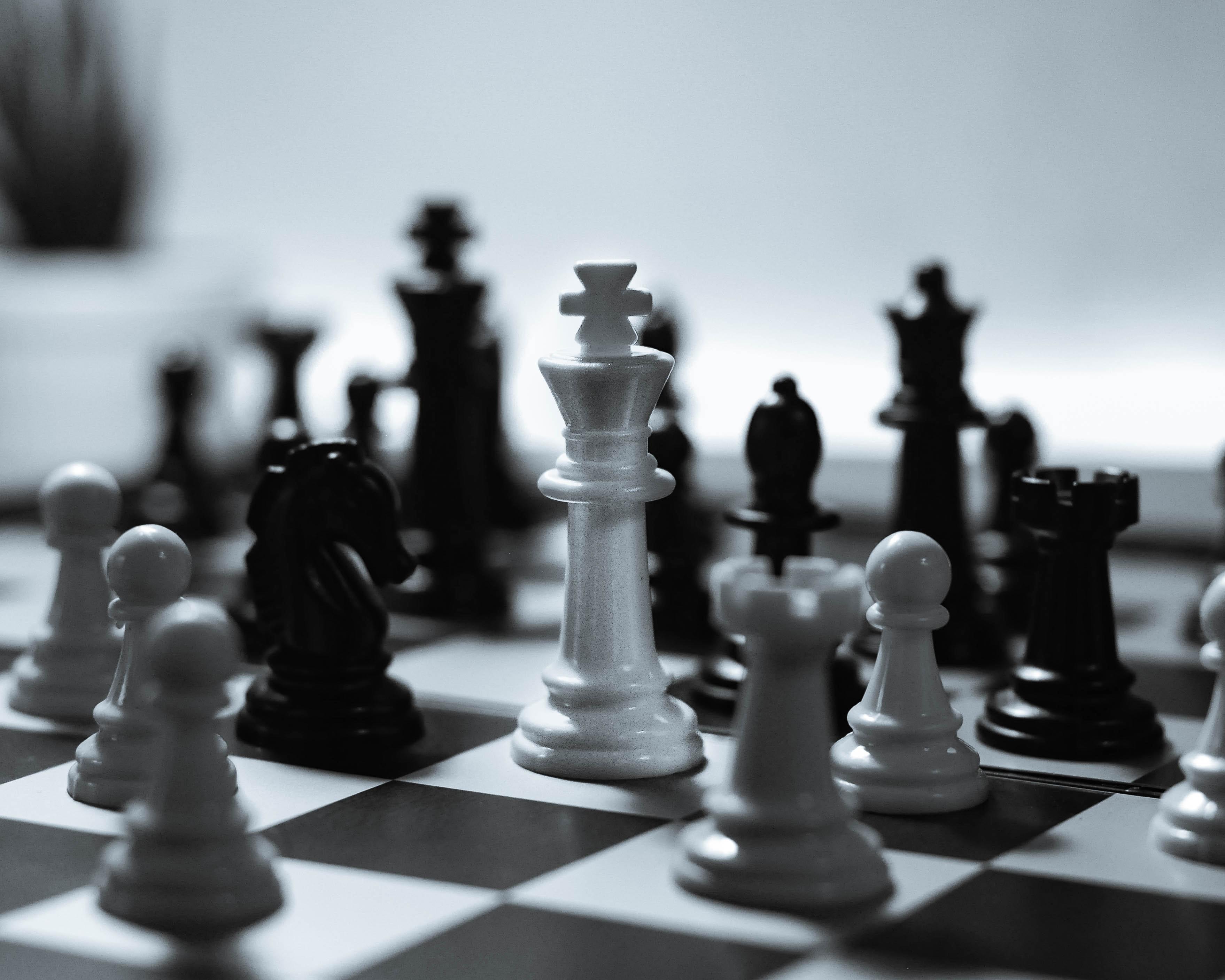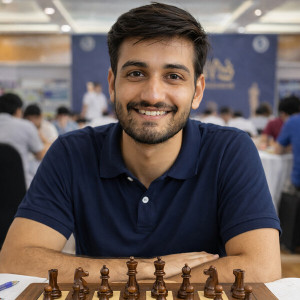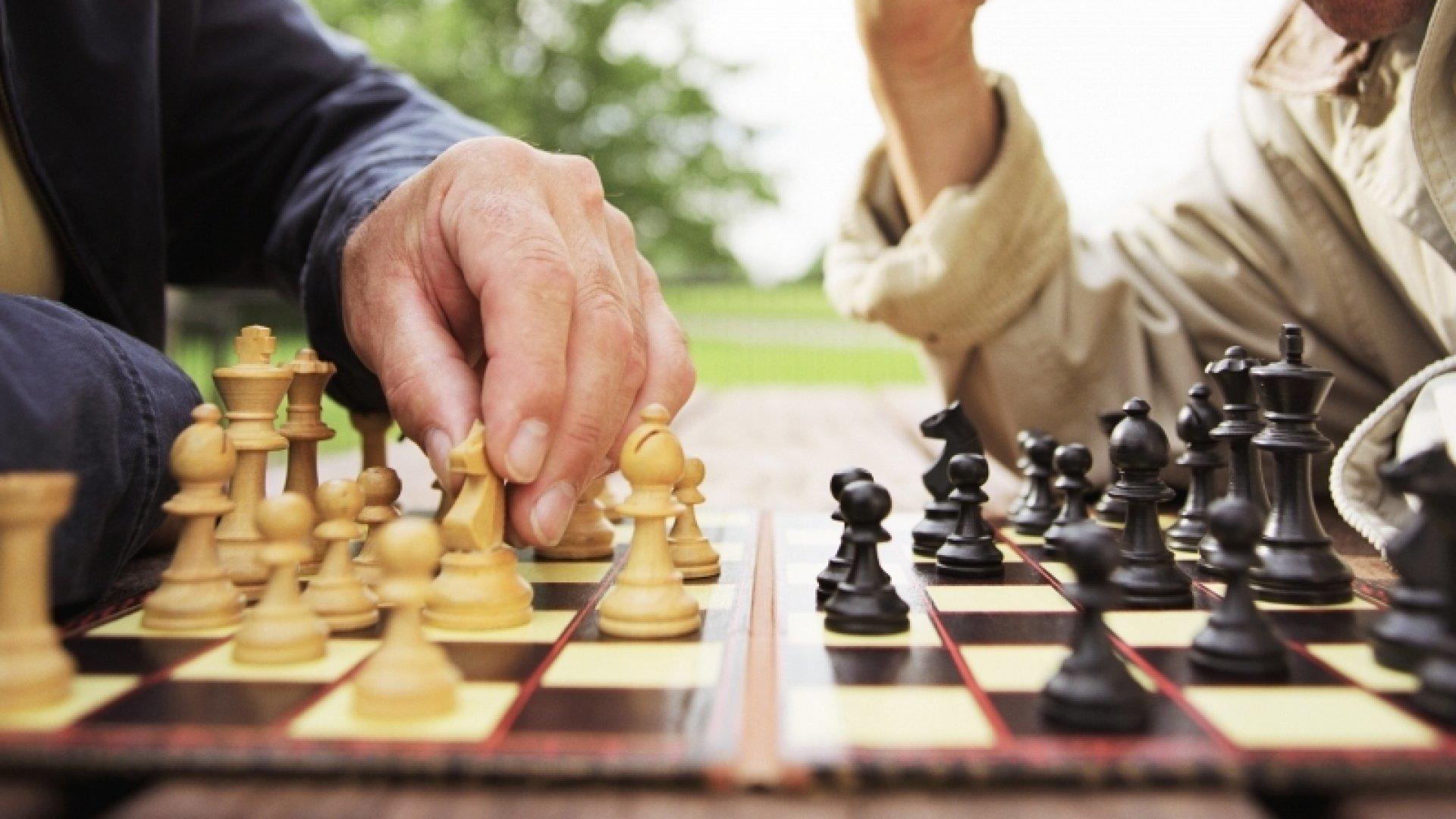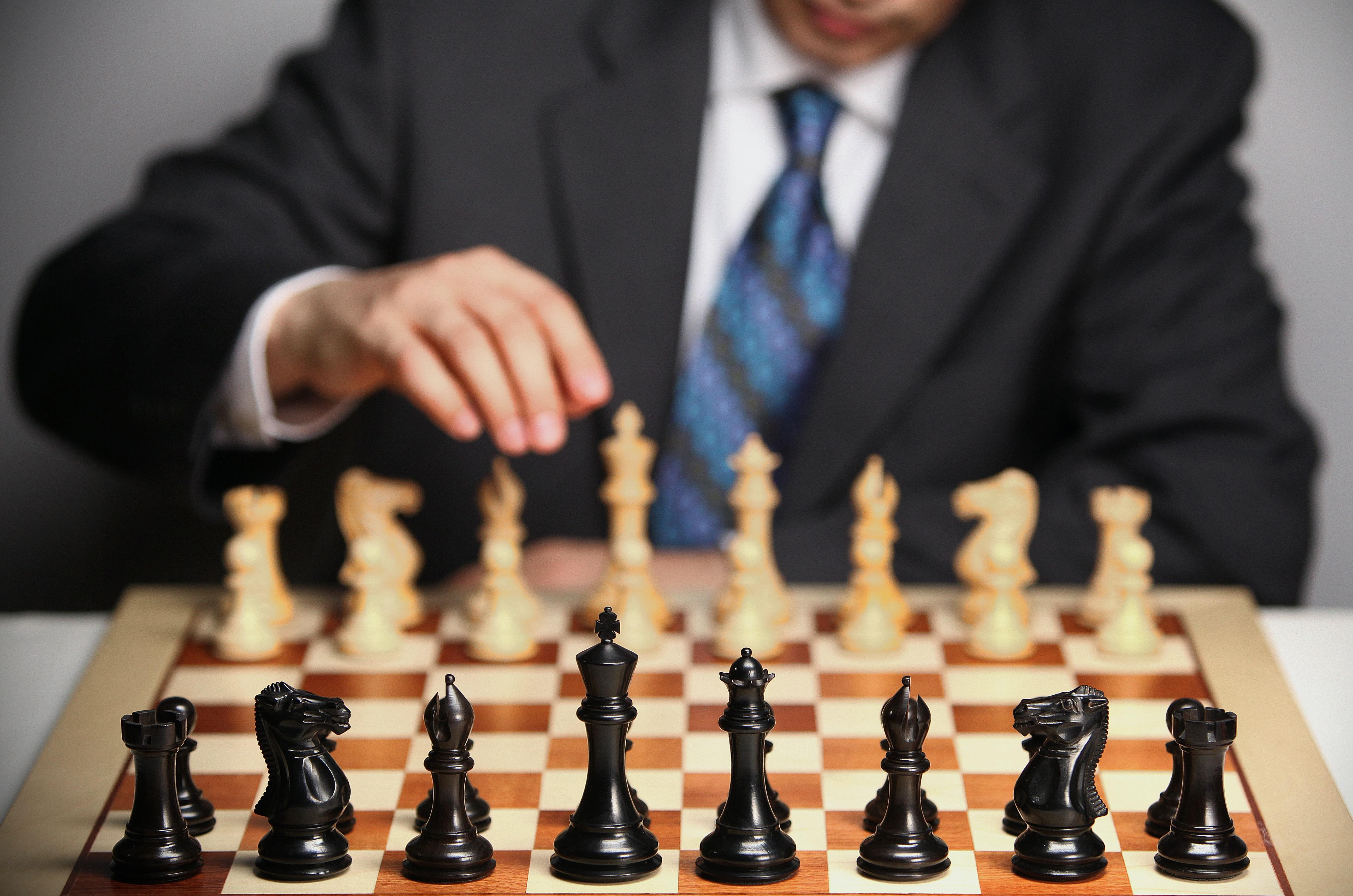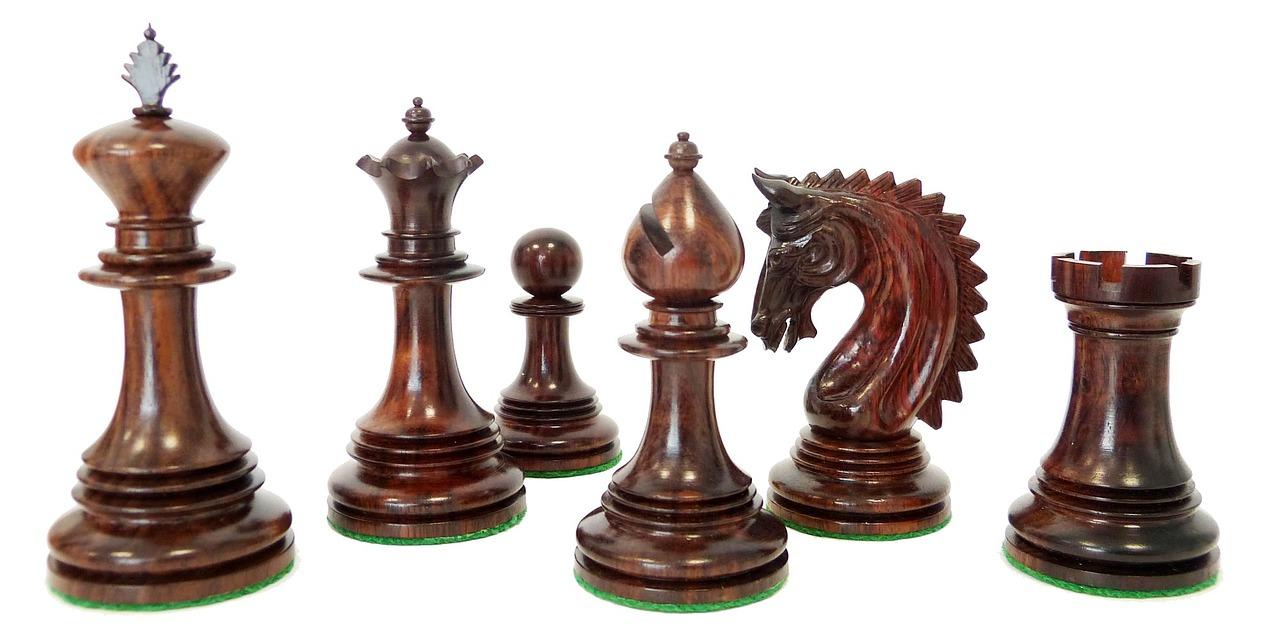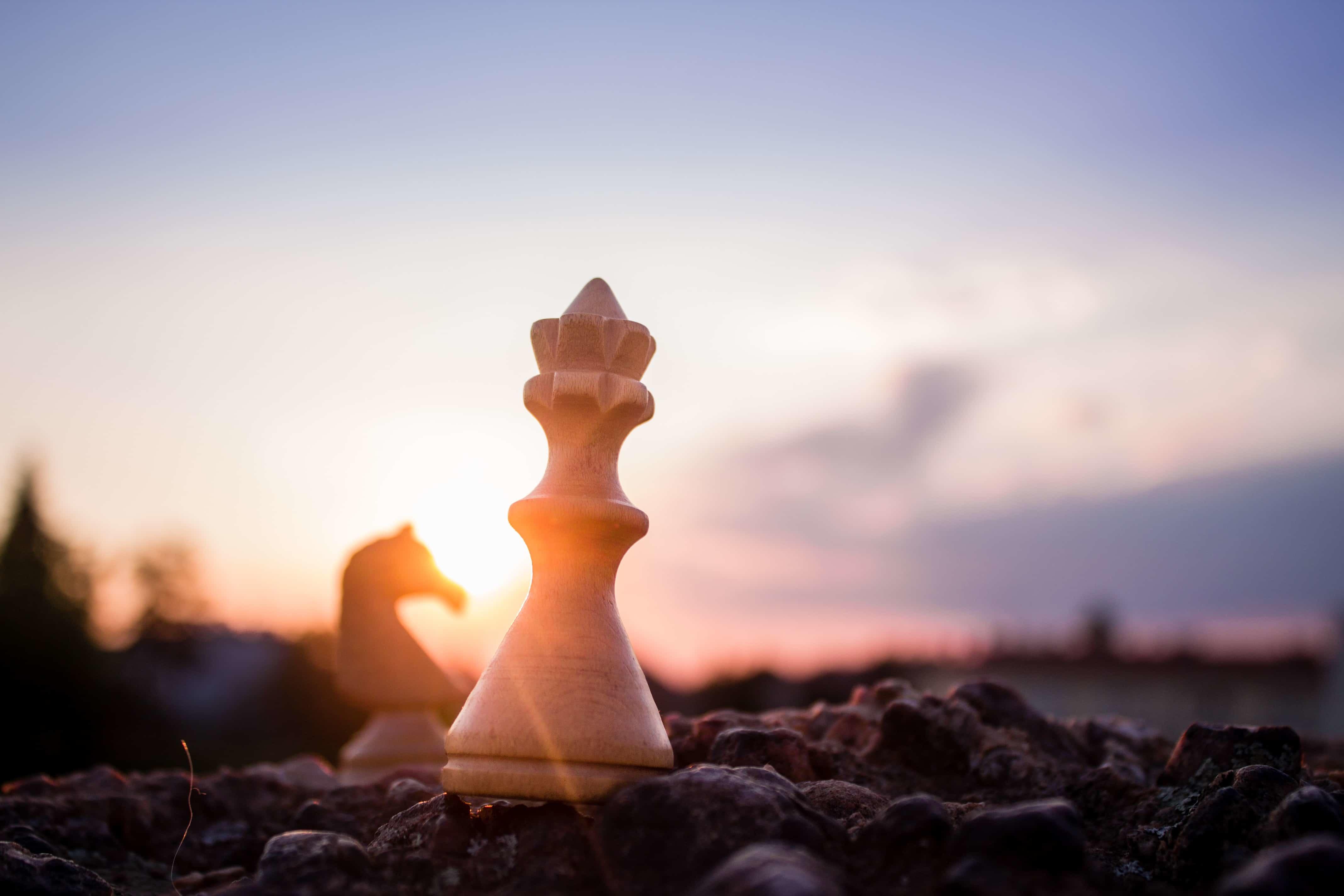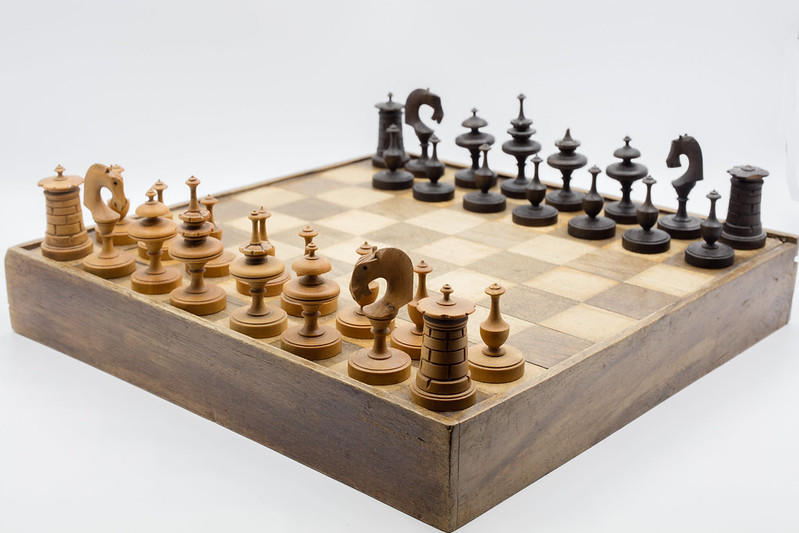"Life is like a game of chess. To win, you have to make a move. Knowing which move to make comes with in-sight and knowledge and by learning the lessons that are accumulated along the way. We become each and every piece within the game called life." -Allan Rufus
It's worth stating that in most games and leisure activities, you can find parallels to life; however, there are countless similarities between the two when it comes to chess. Such as? First and foremost, chess is a game of strategy that causes players to think ahead and quickly solve problems, two things that are essential to living a successful life! Also, most beginner players might not realise, but chess is a game that brings people together and causes a person to think like their opponent and put themselves in their place to understand better how they think and reason. For those who play against the same competitor often, compassion may be taught. Chess truly is a fantastic game that all persons should force themselves to learn and improve no matter the age or nation. Without further ado, we shall review some skills and aspects of chess that greatly help players hone their skills and improve their overall strategy.

How Does Maths Relate to Chess?
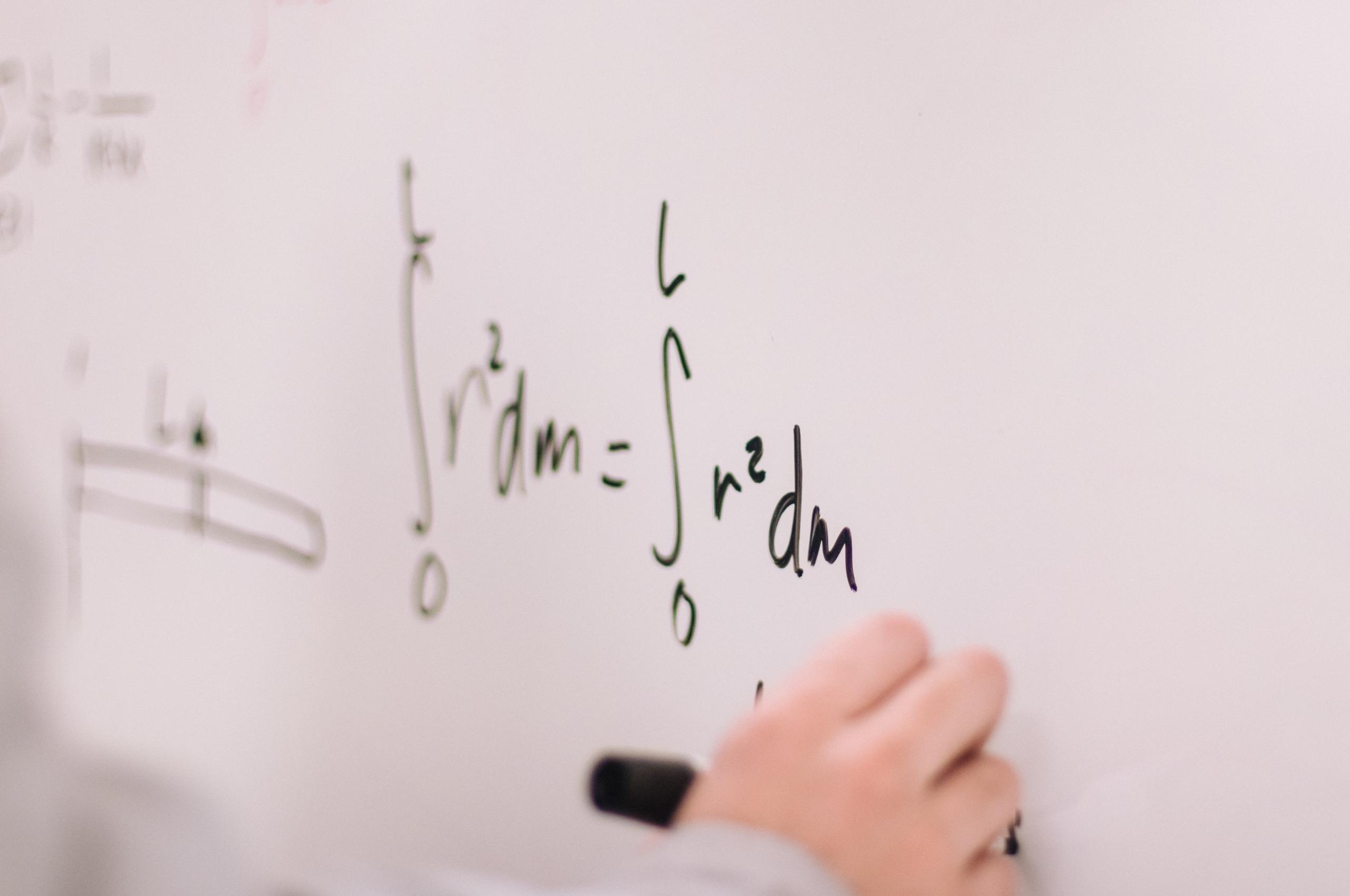
- Correlation and knowing which pawn needs to be sacrificed at a specific moment in the game to achieve victory,
- Equal development of memorisation and recognition abilities,
- The ability of constant calculation from the beginning to the end,
- The parallels of geometric concepts such as files, rows, and diagonals,
- Spatial reasoning skills are tested and refined,
- The ability to anticipate future moves and plays.
The previously mentioned similarities are only a few of the many parallels between chess and maths. While it is true that chess boasts resemblances of maths, it is essential to mention that maths does not use chess at all since it was its discipline previously established before chess was invented. Are there any differences between chess and maths? Absolutely. Chess players and students of maths must realise that although maths are unlimited, chess is not. Also, since chess is a game, the point is to win against your opponent; nonetheless, that isn't the case with maths since its purpose is to solve an equation or a problem. Thirdly, maths is used for everything in life, whereas chess is limited to a chessboard and cannot relate to everything.
How Do You Win Chess in Three Moves?
Did you think that chess matches were always hours long and were the result of many movements and captures against your opponent? If so, you weren't alone in your thought process. Though it seems that chess is a long game, it is essential to state that some matches can swiftly be completed by using a few straightforward moves.
The long and strenuous looking chess games are usually the result of two expert players against each other blocking the other's movements and anticipating what will come next.
It's worth stating that before getting familiar with playing strategies and how to win a game quickly, it is essential to know the function of each chess piece and how they move on the board. Nonetheless, without further ado, we shall focus on how beginner chess players can finish a chess game in three moves by following one or two gameplays: with capturing or without capturing.
With Capturing
To win a match against your opponent in only three movements, the following is a three-step method that boasts results and includes the capture of enemy pawns:
- Move the King Pawn Ahead: before getting to the exciting things, you must move your king pawn forward two spaces to square e4. This opens up the way for your queen to move and expose the opponent's queen.
- Capture the Enemy Pawn: use your pawn to capture your competitor's pawn at f5; this moves tricks your opponent into moving his knight forward.
- The Queen Goes Ahead: the third and final move includes positioning your queen diagonally to h5, trapping the king, and declaring checkmate!
Without Any Captures
The other way to win a chess game by only completing three movements is without any captures and by completing the following three steps:
- Move Queen: you need to move the queen ahead to d3. The goal is to get your competitor's bishop and knight pawns forward, which will allow the queen to move onto h5.
- Move the King: secondly, you need to move the king to ensure that the queen is freed up and can be in a checkmate position. The king needs to be moved to e4 to reach h5 for the final move.
- Checkmate: when the queen is moved forward to h5, you've trapped your opponent's king, and checkmate is declared!
Why is Chess Considered a Game of Planning and Strategy?
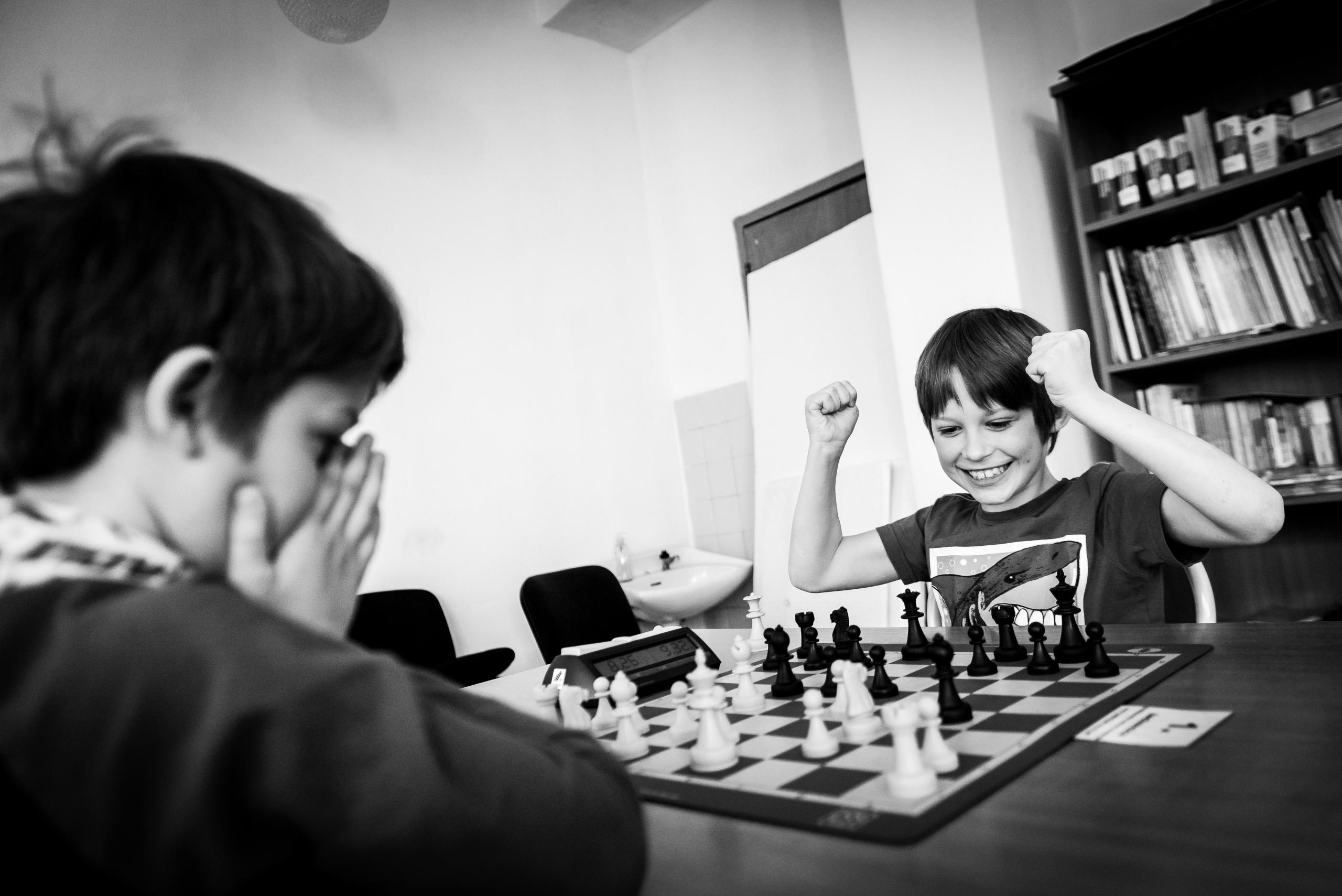
Planning in Chess
Every chess game has a winner, and the triumphant one is usually victorious because of their effective way of planning. Making a plan is an essential aspect of every chess game. Planning in chess helps a player evaluate their position, play on correctly, find the right moves, and effectively save two critical resources: time and energy. After the opponent has played, it is your turn to evaluate your position on the board and determine your plan. Goals and actions are part of a successful plan and, during chess, it is determined by taking your time and seeing how things are. Remember that planning during chess should always be realistic and highly plausible to implement. The plan needs to be modified according to the position, so don't be surprised if your plan changes when you see your opponent's movements; their goal is to disrupt your plan so that they can win!
Strategy in Chess
Along with planning, chess is considered to be a game of strategy. As a result of frequent practice, chess players become better at strategic thinking and can slowly start to anticipate a plan of action that will suit best their competitor. It's important to state that no human was born with the ability to strategise chess movements, so it is important to remember that brilliant and strategic moves result from daily practice against an online or in-person competitor; a computer might work too! By taking the time to strategise and think about the opponent's moves, it is much easier to win serious matches. Also, strategic thinking is a tremendous skill honed that may be transferred to other aspects of life.
Do Chess Players Have a High IQ?

- Fluid reasoning,
- Comprehension knowledge,
- Short-term memory,
- Processing speed.
Although supreme intelligence isn't needed to become a good chess player, it certainly doesn't hinder a person's performance but rather makes it much better since various skills and aspects are required to improve at chess. In conclusion, we are confident that the information in today's article is enough to instruct amateur chess players about the skills and abilities needed to become better at chess strategy.
Summarise with AI:

